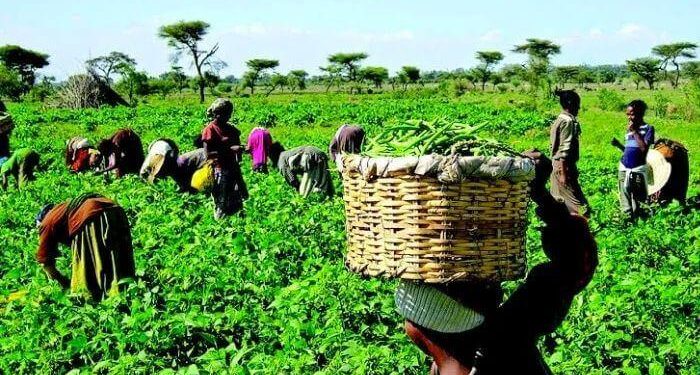The Federal Government has earmarked N132bn in the 2025 Appropriation Bill to support farmers and drive agricultural activities. This initiative, under the National Agricultural Development Fund (NADF), aims to address poverty, low productivity, and resource constraints that have long hampered Nigeria’s agricultural growth.
The NADF, established by an Act signed by former President Muhammadu Buhari in October 2022, is designed to facilitate sustainable agricultural development across Nigeria. Section 8 of the Act outlines key objectives, including boosting crop production, livestock, fisheries, agroforestry, and ensuring food security.
The Fund’s mandate includes financing agricultural policies, providing on-lending opportunities to farmers through microfinance banks and cooperatives, and supplying essential resources such as improved seeds, fertilizers, irrigation systems, and market access.
Smallholder farmers, who make up over 80% of Nigeria’s agricultural workforce, have historically faced barriers like poor credit access, inadequate infrastructure, and climate challenges. The N132bn allocation is expected to alleviate these issues through targeted interventions, including grants, mechanized equipment, and storage facilities.
Experts have expressed cautious optimism about the initiative. An associate professor at the University of Africa, Bayelsa State, emphasized transparency, accountability, and timely disbursement to ensure funds reach farmers. He warned against diversion to unintended beneficiaries.
Also, An agricultural economist at the Federal University of Agriculture, Abeokuta, echoed these concerns, stressing the need for direct farmer registration to avoid mismanagement during disbursement.
The government’s commitment to agriculture through this allocation is seen as a significant step toward sustainable farming practices, increased yields, and strengthened value chains nationwide.










